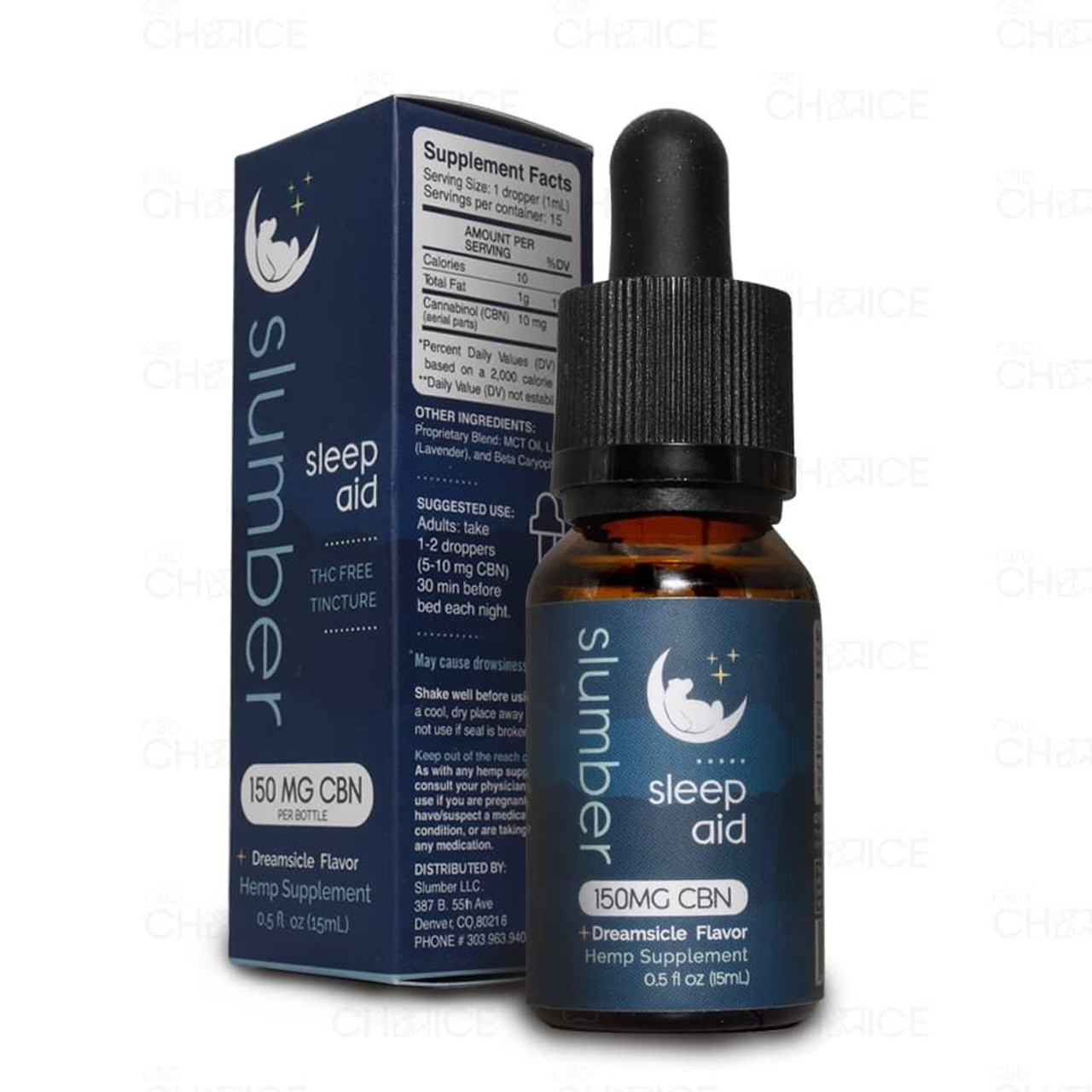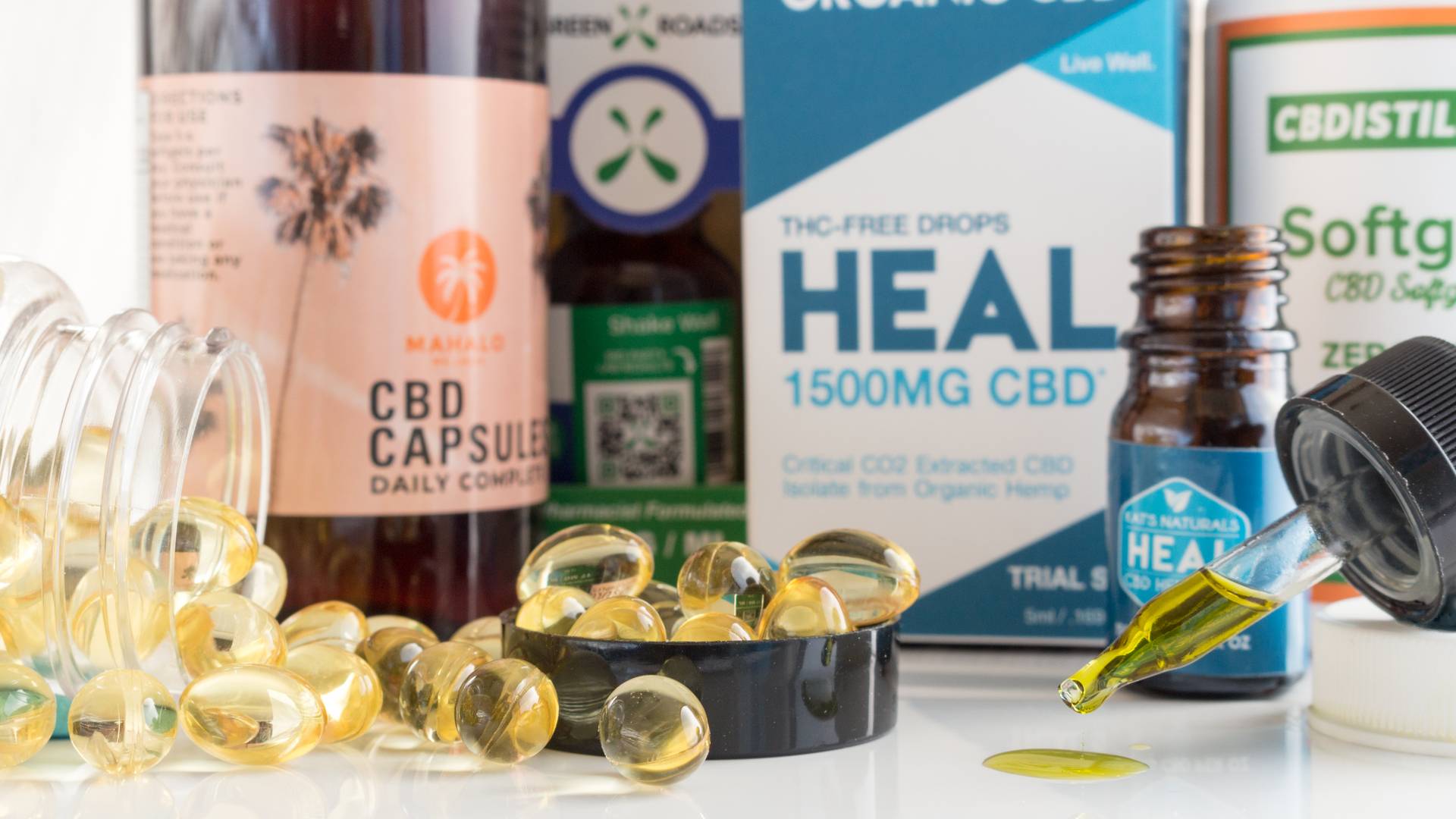
You've reached the right place if you are curious about whether hemp-derived CBD or THC is legal in Ohio. It is now legal in Ohio to cultivate and sell hemp-derived CBD or THC for medical purposes. It is hoped that this will encourage more Ohioans to test hemp-derived CBD/THC for their own health. This is the next step toward making Ohio's Hemp market a viable business.
Ohio has legalized hemp-derived CBD
The new Ohio law, SB 57, will make it legal to consume hemp-derived CBD for human consumption. The law removes hemp from criminalization and provides a licensing system to growers and processors. The new laws will also make it mandatory for licensed companies to test the hemp products they sell. Ohio will also allow the use of CBD-derived dietary supplements as well as cosmetics.
Hemp-derived cannabis oil is available in some national chain shops. Kroger, the nation's biggest grocery store, announced plans to offer hemp-derived CBD products in over 1,000 stores across 17 states. Ohio law will make it legal to buy and consume CBD-derived products from hemp by 2020.

Hemp is naturally high in CBD, and contains only trace amounts of THC. This means that hemp products won't make users feel high. In contrast, marijuana contains more THC. Additionally, the amount of CBD found in marijuana depends on its strain. Therefore, Ohio's law will apply different standards to hemp-derived CBD and marijuana-derived CBD.
The new law allows Ohioans to sell CBD-derived hemp oil outside dispensaries. The law eliminates the requirement for a license to distribute hemp-derived CBD oil. It is legal to sell hemp-derived CBD oils as long as it has less than 0.3% THC.
THC is legal for medicinal use in Ohio
Ohio legalizes cannabis-derived medicine for medicinal purposes for patients who have been prescribed by their doctor. There are 21 qualifying conditions, including cancer, traumatic brain injury, epilepsy, Parkinson's disease, multiple sclerosis, and inflammatory bowel disease. Additionally, marijuana can be used to stimulate appetite and protect against certain types of cancer.
In addition to the list of qualifying conditions, marijuana can also be used to treat a variety of ailments. Chronic nausea, for example, is allowed if it is cyclical and caused by cannabinoid hypoemesis. It can be used to treat chronic pain, PTSD, or pain. It is also permitted for those who are in hospice care or with terminal illnesses.

Legally possessing up to a 45-day supply is allowed for medical marijuana patients. The amount and type of THC will determine the legal limit. Ohio residents can search the website of the Medical Marijuana Control Program to locate licensed dispensaries. Many dispensaries offer curbside pickup service. While medical marijuana is legal in Ohio, it is still illegal for recreational use.
Ohio legislators have rejected legalization efforts. In Ohio, four cities also passed cannabis decriminalization bills during the 2020 election. The result is that there is a growing movement to legalize cannabis for adults. Many feel that prohibition of marijuana has harmed the public's health. Ohioans want a sensible approach to marijuana legalization.
FAQ
Are CBD companies a good idea?
The answer depends on the question you are asking. They can be a great investment if it is money you are after. If however, you only want to invest in something that may help others, then no.
What are the best CBD brands available?
These are the top five CBD brands that we have handpicked based upon quality, reliability, as well as value.
They offer CBD oil products that are high-quality and less than 0.2% of THC.
Also, we recommend that you check out our list with the top CBD sellers around the world.
Which states are the biggest consumers of CBD?
California, Colorado and Oregon are the top three states. These states have high populations, high incomes, low unemployment, and large populations. These states also have higher hemp farms than the rest.
California leads because its economy relies heavily on agriculture. It produces much of the nation's fruits and vegetables. Because cannabis comes from the same plant that hemp, this makes sense.
Oregon and Colorado are close behind, as they both grow marijuana for medical purposes. However, unlike California, these two states do not allow the recreational use of marijuana.
Other states that are highly ranked include Washington, New York. Florida. Illinois. Pennsylvania. Mississippi.
How can CBD products be successfully promoted by companies in a regulatory-compliant way?
The FDA does not regulate hemp for its agricultural commodities. The Controlled Substances Act regulates other cannabis derivatives (e.g. pot). To date, there are no specific regulations for CBD.
CBD is legal in 29 states. However, federal law still considers CBD illegal. Businesses that want to sell CBD products face uncertainty.
The FDA also sets strict guidelines about how CBD products are promoted. To make sure that CBD products are clearly disclosed about their THC content, the FDA has established strict guidelines. Without supporting scientific evidence, CBD cannot be claimed to treat certain medical conditions.
The FDA also requires manufacturers to provide detailed information about their manufacturing processes and quality control measures. To demonstrate safety and efficacy, the FDA requires companies to perform clinical trials.
Companies should consider these factors when developing their own marketing strategies.
What conditions can CBD be used for?
Any treatment must have an impact on the patient's condition. A doctor must give a prescription for cannabis oil to be used in medicine. It is also illegal for someone to prescribe cannabis oil without a doctor's consent.
There is no need for a prescription if you are using cannabis oil in a healthy way. To make sure that the oil is safe, it's a good idea to consult your doctor.
You can make cannabis oils from whole plant extracts, or isolated compounds called Cannabinoids (THC or CBN). They are rich in cannabinoids (CBD), tetrahydrocannabinol(THC) and cannabinols (CBN).
These components interact with the receptors in the body to produce pain relief, stress management, anti-inflammatory and antioxidant effects.
Statistics
- The use of these products is likely to become even more widespread if the World Health Organization's recommendation that CBD no longer is scheduled in the international drug control conventions is adopted by the United Nations member states [201]. (ncbi.nlm.nih.gov)
- As a substance that was federally illegal before the passage of the 2018 Farm Bill, hemp-derived cannabinoids with no more than 0.3% THC still face a regulatory grey area. (forbes.com)
- The inhibition of FAAH is predicted to lead to an increase in brain and plasma concentrations of AEA, which acts as a partial agonist at CB1R and CB2R, thereby increasing endocannabinoid tone [92, 110]. (ncbi.nlm.nih.gov)
- While the primary injury may not be treatable, interventions that attenuate secondary sequelae are likely to be of benefit [203].Only one study (ncbi.nlm.nih.gov)
- OralWhere HED is the human equivalent dose, and Km is a correction factor estimated by dividing the average body mass (BM) of the species (60, 0.020, and 0.150 kg for 11 humans, mice, and rats, respectively) and by its surface area (see: Nair et al. (ncbi.nlm.nih.gov)
External Links
How To
What are the main issues with the CBD industry.
The market for CBD products continues to grow at an amazing rate. There are many hurdles businesses face when trying to enter the CBD market. These include lack of consumer awareness and high costs of entry, limited capital access, and regulatory uncertainty.
Many consumers don't understand what CBD is and how it works. They are unable to make an informed decision about buying CBD products.
CBD companies heavily rely on word-of-mouth advertising. This is expensive as they must pay advertising costs and to hire staff to market their brand.
The high production costs are another issue that new entrants to the CBD industry face. CBD products can be very costly because of the cost of the raw materials. For example, hemp needs to be grown in specific climates and soil types before it can be processed into CBD oil.
It takes approximately $1,000 per acre to grow enough hemp to process into CBD oil. Many small farmers are unable or unwilling to invest in this product.
A lack of capital access is another problem that CBD market newcomers face. Due to the stigma surrounding the industry, banks discourage many people who wish to start businesses.
The sale of CBD products is still subject to regulatory uncertainty. There are currently no guidelines on how CBD products should marketed.
Although some states have passed legislation restricting CBD product sales, this has not become a national policy.
Only Nevada, Maine, and Nevada have legalized recreational pot.
Some states, such as Michigan and Massachusetts, are looking at similar measures.
These changes could result in increased competition between CBD manufacturer.
Many entrepreneurs prefer to work at home over starting a business.